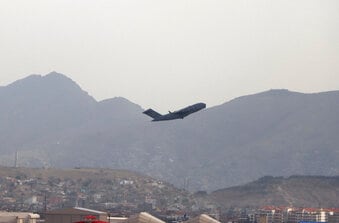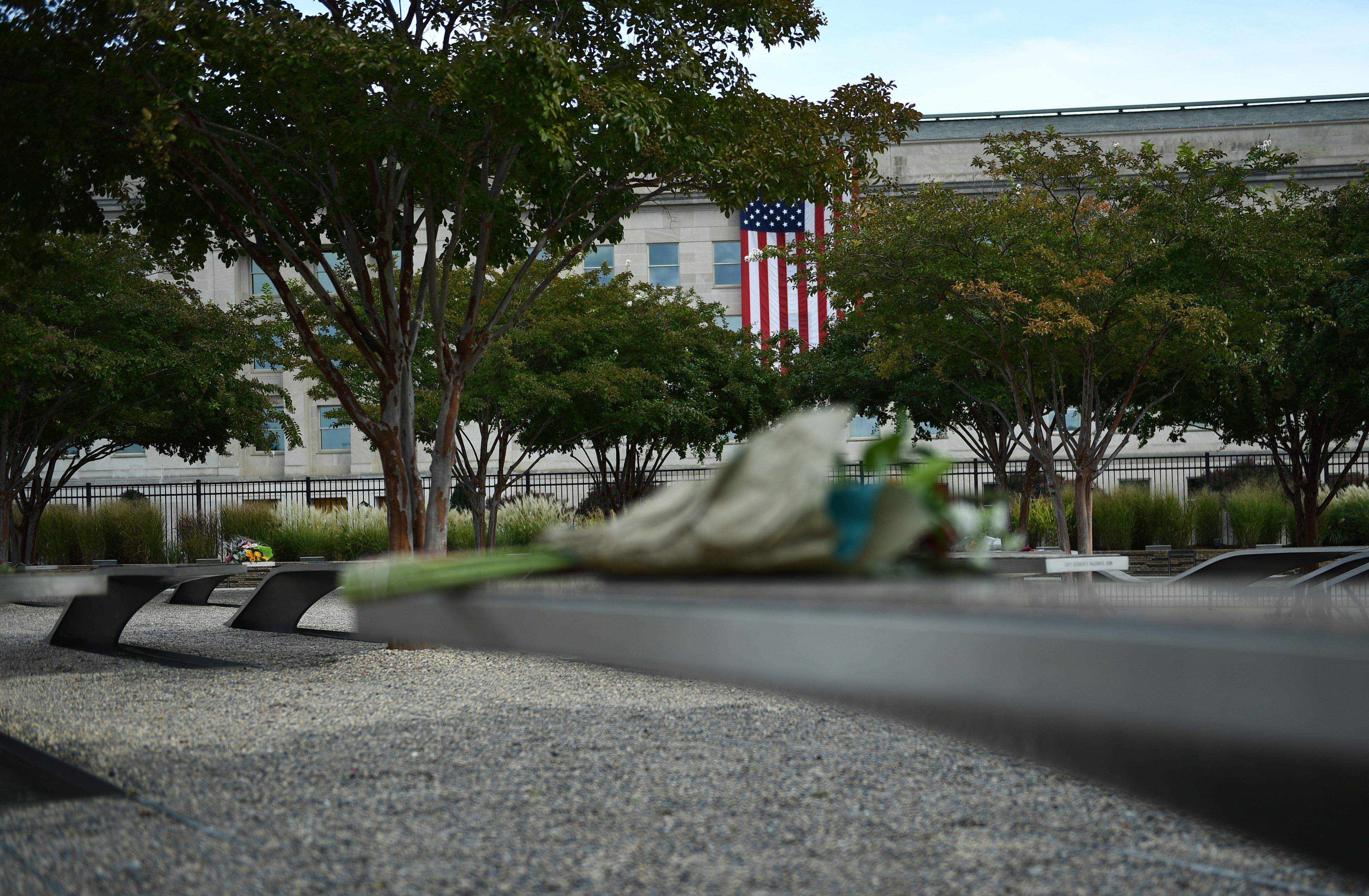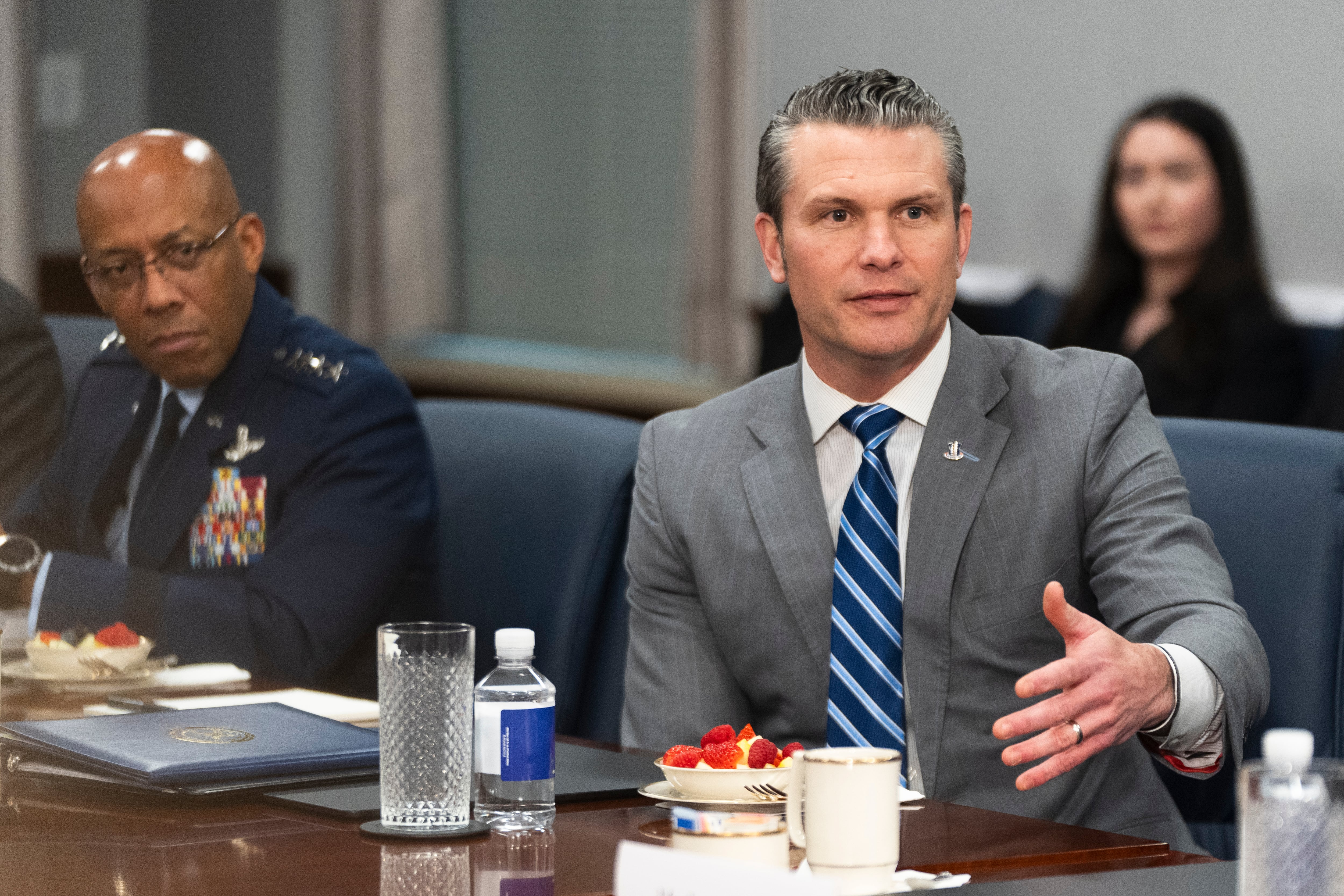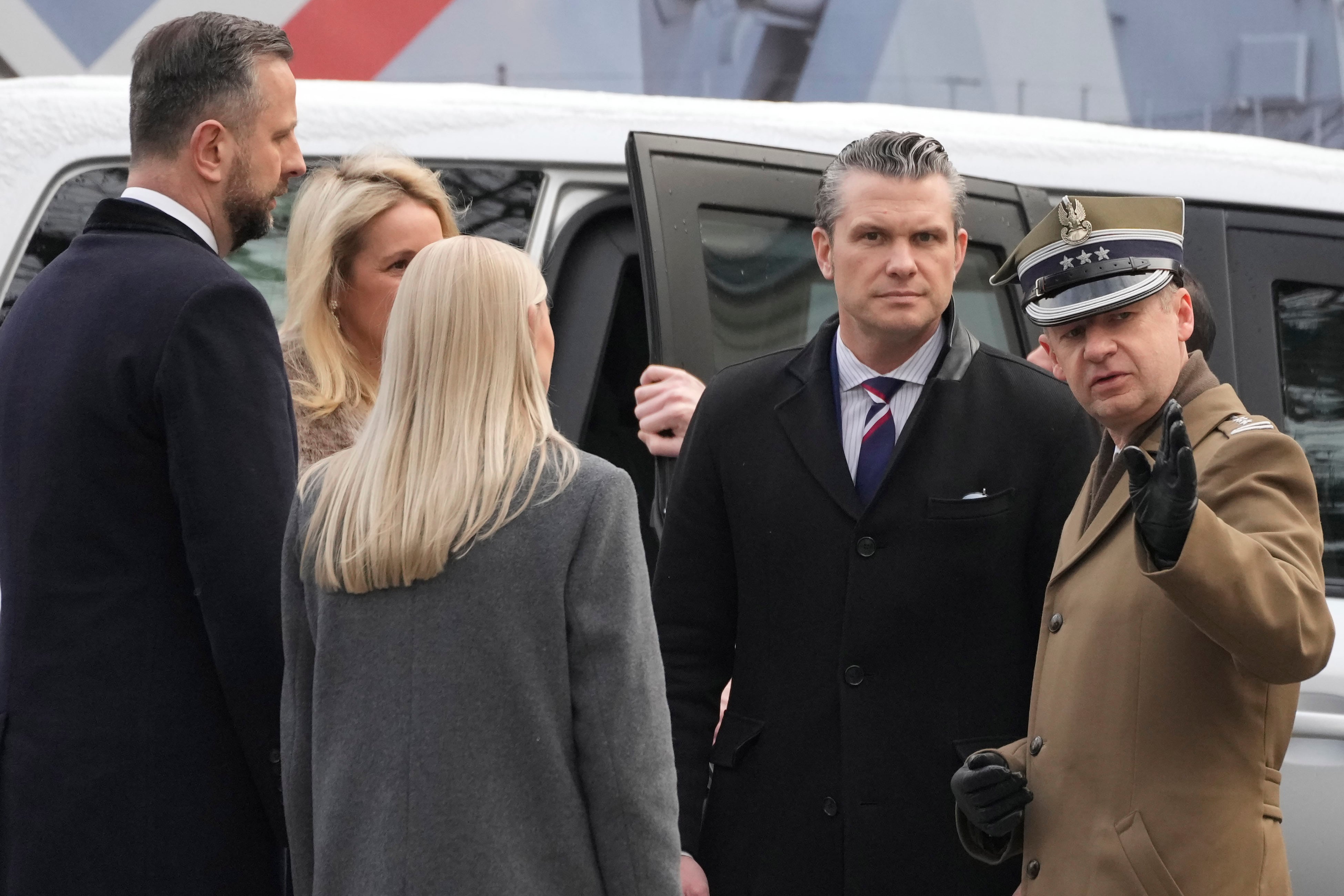Dear Mr. President,
As the United States’ mission ended and the U.S. withdrawal from Afghanistan occurred in August 2021, my family and thousands of others who endorsed and supported the two decades long U.S. mission were left behind, now at the mercy of the Taliban. We need your help.
My name is Nasirullah “John” Safi, a former U.S. military interpreter and cultural advisor in Afghanistan. I risked everything to support the War on Terror as a young teenager. I served both nations with honor and dignity for more than seven years. When American soldiers would pack up and go home at the end of their deployments, my fellow interpreters and I would pick up the next unit of men and women and put our hearts and souls into these new relationships and next missions time and time again. We felt the same pain and feared the loss of brothers and sisters in arms again and again. I lost many brothers in arms, and it didn’t feel any different than losing my own family members.
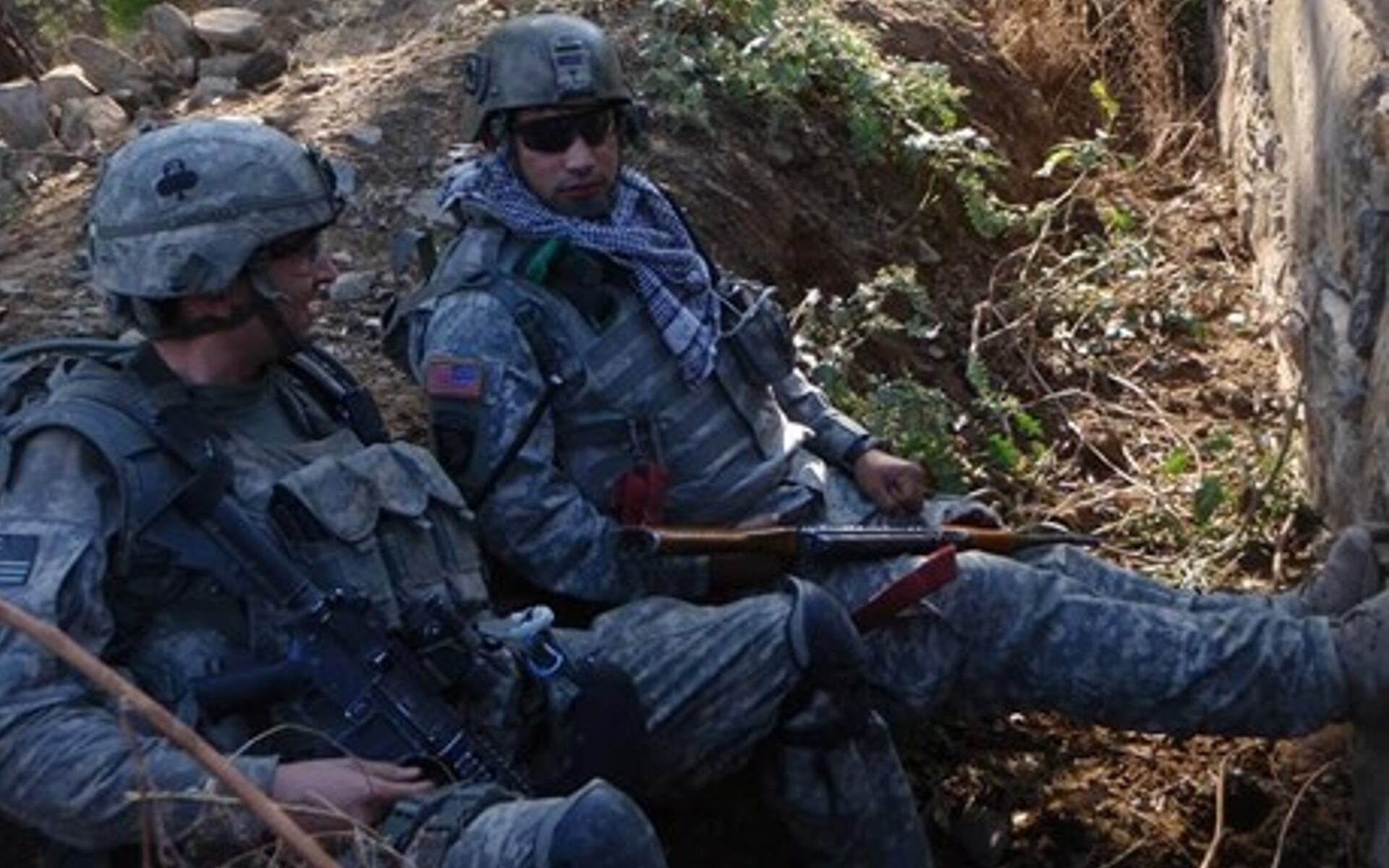
I spent my teenage years supporting and fighting alongside my brothers and sisters in arms deep in the Hindu Kush mountains where lives were at risk daily during patrols, missions and operations. I found myself almost killed or seriously wounded. I fought alongside U.S. soldiers in countless engagements and was wounded by shrapnel when insurgents fired a rocket-propelled grenade. The scar on my right arm serves as a permanent reminder of the Afghan war every day, but while I remember, I fear that those left behind will be forgotten.
Mr. President,
The mental strain and physical risks that I bear from supporting the U.S. troops were not solely my own. My dedication to the U.S. mission put my family at risk. When I learned that my oldest brother was in the hospital following a serious improvised explosive device attack, leaving him with shrapnel throughout his body, I was unable to return to be with my family. I was shocked, panicked and heartbroken, but still the next day, I picked up my rifle, comms scanner and gear and continued to support my unit.
Years later while I was supporting other government agency work, my younger sister, Fatima, was shot multiple times and endured multiple surgeries to survive. Her trauma, pain, nightmares, and wounds have never healed and will take many years to heal — if ever. She fled Afghanistan before August 2021 because of constant death threats to my family; she now lives in exile and is trying to get to safety.
Other members of my family have suffered greater losses. My oldest sister lost her husband and seven-year-old son when they were brutally murdered by insurgents. She lost her world and I lost my little buddy who always asked, “Uncle, did you bring me anything this time?” when I visited home from my missions. I was not able to attend their funeral ceremonies because it was too dangerous for me to travel and I would risk others just with my presence. I could have lost my life. Instead, I went out on a mission and continued to assist U.S. soldiers as always.
I blame myself and do whatever I can to put my own pain behind me, but with each passing day, there is fear that the nightmare will continue and more heartbreaking news will come. Since the U.S. withdrawal, I haven’t been able to rest. I wake up every morning, hoping for news that my remaining family in Afghanistan is okay. My family’s house was ransacked about a month ago, but fortunately, my brothers who also worked for the American soldiers were not home; otherwise, I could have lost them. They are living in hiding from the Taliban, with no real hope for safety. They have been left behind to fend for themselves.
RELATED
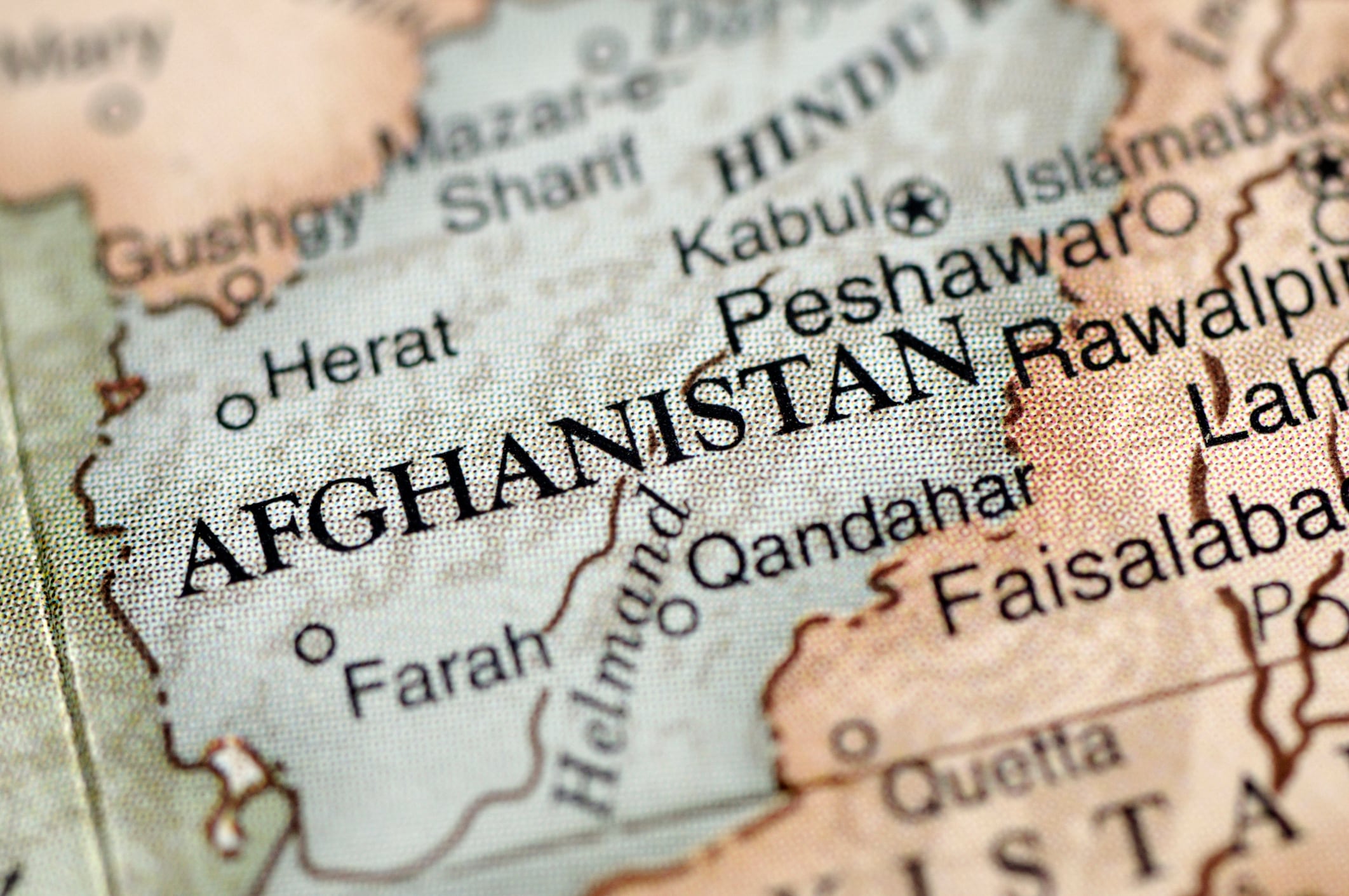
Mr. President,
Americans of all walks of life are showing their strong support, commitment, spirit of goodwill, and generosity to welcome and integrate Afghans into America. Active military personnel, veterans, and other civilians who served in Afghanistan work around the clock to save others in the country and are committed and determined to help and keep the sacred promise that the U.S. made to its Afghan allies, but they can’t do it without your help.
You can help to heal those moral injuries by honoring the moral obligation and sacred promise to Afghan allies so that we feel like that we are not left behind. I need your help to save my family as I risked everything to save many soldiers as I could during the War on Terror.
Sincerely,
Nasirullah ”John” Safi
Nasirullah “John“ Safi is a former U.S. military interpreter and cultural advisor in Afghanistan where he served and fought alongside U.S. troops during many battles, including the Battle of Kamdesh in October 2009. The battle is depicted in the movie “The Outpost.” He recently wrote a book, “Get the Terp Up Here! War as an Interpreter to US forces in Afghanistan,” which describes his eyewitness account of the Afghan War.
Editor’s note: This is an Op-Ed and as such, the opinions expressed are those of the author. If you would like to respond, or have an editorial of your own you would like to submit, please contact Military Times managing editor Howard Altman, haltman@militarytimes.com.
